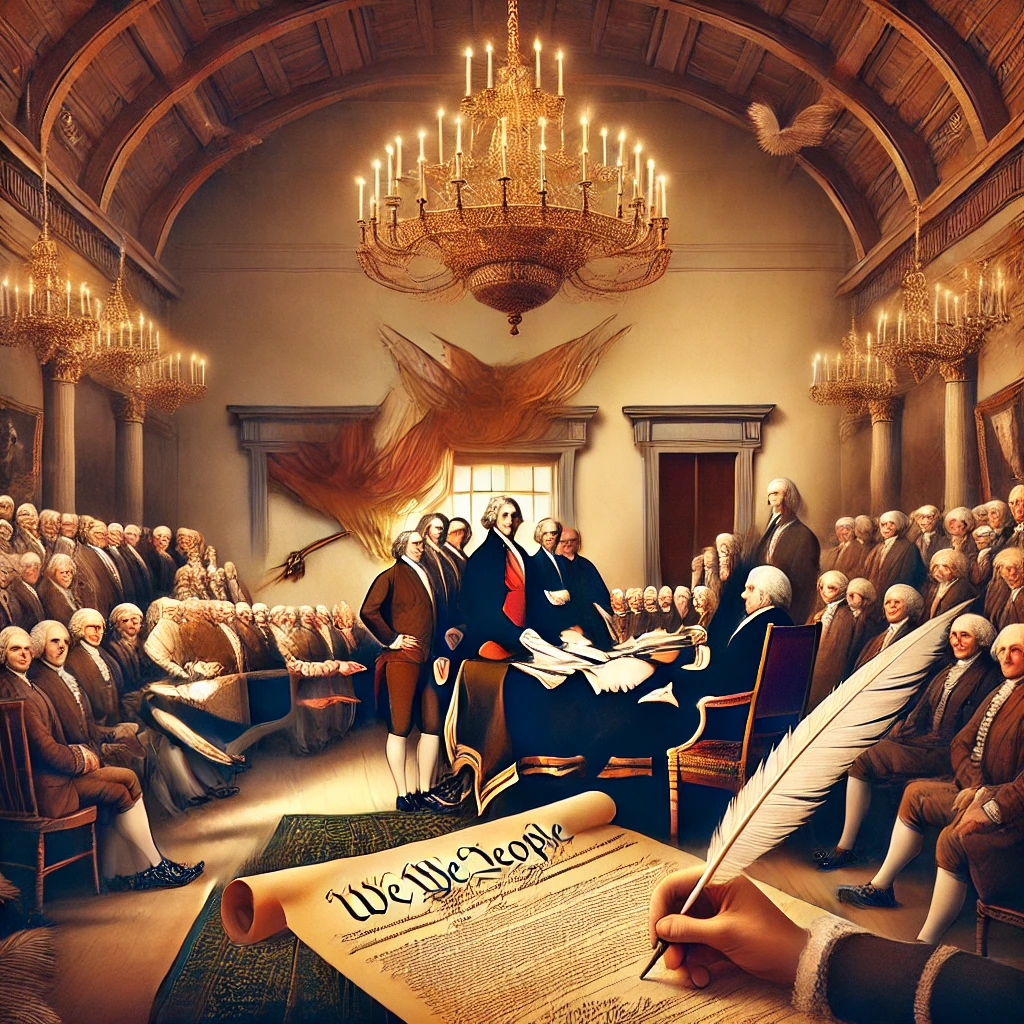On this monumental day in 1787, Delaware became the first state to ratify the United States Constitution, contributing to the formation of the fledgling nation. By unanimous vote, the 30 delegates at the state convention approved the Constitution, setting a precedent for the other colonies to follow. This pivotal decision underscored Delaware’s commitment to unity and governance under a strong federal system. The state’s decisive action earned it the nickname “The First State,” a title it proudly holds to this day.

The ratification process was the culmination of months of intense debate and collaboration among the original 13 colonies following the Constitutional Convention earlier that year. With its unanimous approval, Delaware demonstrated a clear vision for the nation’s future, championing the principles of democracy, federalism, and justice that would shape the United States.
The Significance of Delaware’s Ratification
Delaware’s ratification was a critical milestone in American history. It signaled the beginning of the transition from the Articles of Confederation to a new and more robust framework for governance. At the time, the Articles had proven inadequate in addressing key issues such as interstate commerce, defense, and taxation. The Constitution sought to address these shortcomings by establishing a federal government with distinct legislative, executive, and judicial branches.

As the first state to ratify, Delaware set the stage for the Constitution to gain broader acceptance among the other colonies. Its decision reassured skeptics that the new framework could garner support and provided momentum for subsequent states to join the union. Within a year, 11 of the 13 states had ratified the Constitution, paving the way for its implementation in 1789.
The Lasting Impact of Delaware’s Decision

Delaware’s early commitment to the Constitution has had a lasting impact on American history. By ratifying first, it established a legacy of leadership and dedication to the principles enshrined in the nation’s founding document. The state’s proactive stance highlighted the importance of cooperation and compromise in achieving shared goals—a lesson that continues to resonate in modern governance.
Today, Delaware’s role as “The First State” serves as a reminder of the importance of civic participation and the enduring relevance of the Constitution. The document’s principles of liberty, equality, and justice remain foundational to the United States, influencing not only domestic policies but also inspiring democratic movements worldwide.
Delaware’s ratification was not merely a procedural milestone; it was a bold declaration of faith in the American experiment. As the nation reflects on this historic event, it celebrates the foresight and courage of those who laid the groundwork for a more perfect union.
